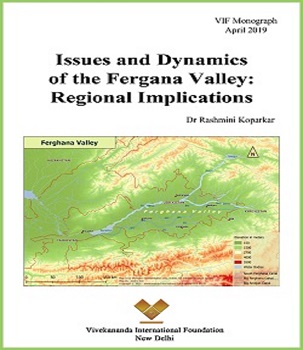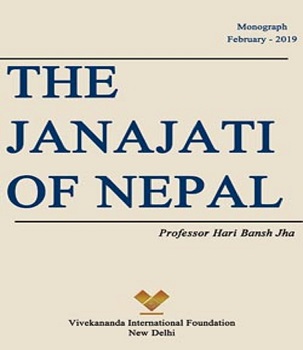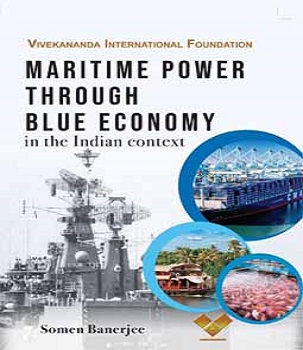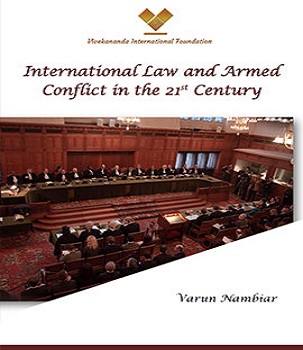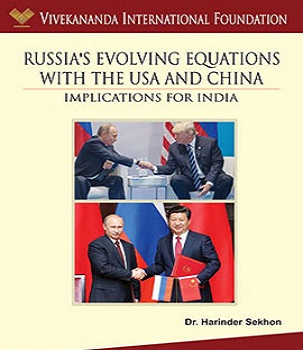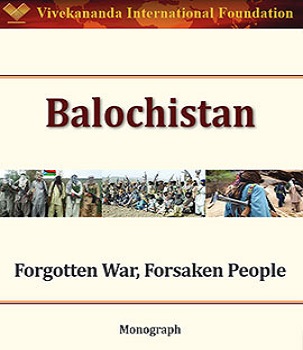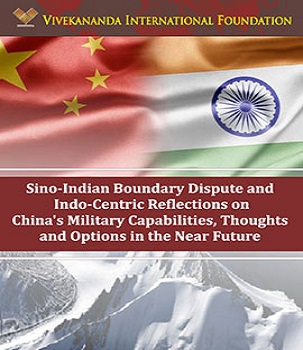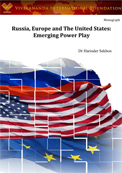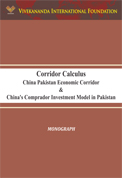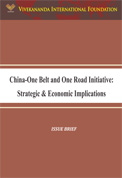The Central Asian Region gained wider recognition in International Relations after the disintegration of the Soviet Union in 1991. The emergence of five independent nation-states in the heartland of Eurasia was, in fact, a matter of curiosity for the world community. At the same time, there were apprehensions about political stability, territorial integrity and economic viability of the Central Asian Republics (CARs) of Kazakhstan, Kyrgyzstan, Tajikistan, Turkmenistan and Uzbekistan. In 1990s, considerable empirical research was conducted on the politics, history and society of the CARs.
... Janajati groups in Nepal are neither culturally homogeneous nor are they so linguistically ... migrants from other geographical regions, they form the largest cluster ethnic group as their share in the country’s total population is 35.6 percent in 59 heterogeneous communities ... as the aspirations of the disadvantaged groups like the Janajati and Madheshi were not addressed, most of them rejected the constitution ...
Preface At the outset, this monograph has sought to resolve the ambiguities in comprehending the oft-used phrase ‘maritime power’. It has established that constituents are those permanent attributes which make a country easier or harder to be at sea. On the other hand enablers of maritime power are its potentials. Thus, long coastline is a constituent and the fishing industry that spawns on the coast is an enabler.
... violence that often accompanies war or armed conflict has caused unquantifiable suffering to millions .... timeline of human history makes it amply evident that it would be a folly to consider warfare as an exception to human behaviour ... law is one of the instrumentalities of social control, war too, like most other social behaviour and activity, ought to be governed and regulated by legal controls ... _________________
If there was one genuinely ‘unfinished agenda of Partition’ it must be the case of freedom of Balochistan from the brazen colonisation of Pakistan. All through the post-partition decades, the Baloch have protested, confronted and rebelled against Pakistan’s mistreatment of its largest and naturally richest province. There have been as many as four rebellions at such scales that needed deployment of Pakistan’s military machine—with heavy weaponry—to crush these. Presently, there is the fifth Baloch rebellion, and consequently, another bout of Pakistan’s violent repression.
Preface India and China share many similarities. They both rejoice in, and relate to, the inheritances of their continuing civilizations. Both are nuclear power states with ever increasing military capabilities. Alongside the benefits of their rising economies they are also grappling with the internal contradictions and upheavals of their billion strong populations. In pursuit of their national aspirations they are both jostling for their rightful places in the world order. If China’s rise remains under close scrutiny in India, that of India does not go unnoticed in China.
"The Soviet Union ceased to exist twenty-five years ago but tensions between Russia and the West have remained high despite the end of the Cold War. The West still seems to be struggling to come to terms with the reality of a post-Soviet Russia and is not clear how to craft its policies towards a Russia that seeks to “regain its lost prestige” under Putin. This work seeks to examine Russia’s trajectory and Western attitudes toward Moscow and analyze the reasons for Russia’s new assertiveness and the global implications of this emerging power play in Eurasia"
I. A DONE DEAL Soon after the PPP formed the government in 2008, President Asif Zardari put forward a very ambitious proposal costing around $60 billion for around 70 mega projects to Pakistan's Western donors who had formed the Friends 1 of Pakistan group.
Abstract “The India-China relationship is likely to be the most complex, perhaps the most competitive relationship between two of the world's mega-states in the twenty-first century. Their cooperative interactions will be edgy and formal, often brittle – irrespective of public professions to the contrary.

